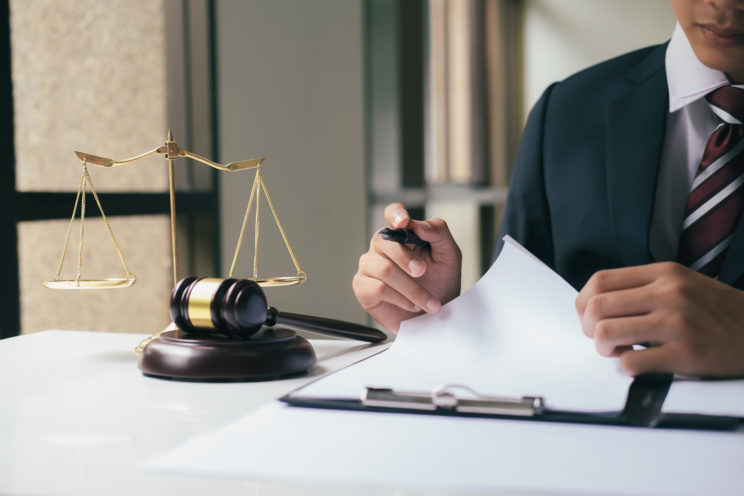Practitioners should be aware of the American Bar Association’s (ABA) recent pronouncement that lawyers may have a “duty to inquire” in certain circumstances to avoid “advising or assisting a client in conduct the lawyer ‘knows’ is criminal or fraudulent.” Plaintiffs may invoke this newly recognized duty in future litigation against lawyers, but there are important limits on it.
On April 29, 2020, the ABA’s Standing Committee on Ethics and Professional Responsibility issued Formal Opinion 491, titled “Obligations Under Rule 1.2(d) to Avoid Counseling or Assisting in a Crime or Fraud in Non-Litigation Settings.” The Opinion concerns Model Rule 1.2(d), which is the analog to California Rule of Professional Conduct 1.2.1(a). The Opinion interprets Rule 1.2(d) to mean that “where facts known to the lawyer establish a high probability that a client seeks to use the lawyer’s services for criminal or fraudulent activity, the lawyer has a duty to inquire further to avoid advising or assisting such activity.” Put differently, the Opinion continues, “a lawyer must inquire further when the facts before the lawyer create a high probability that a client seeks to use the lawyer’s services” to commit a crime or fraud. In the event the lawyer’s inquiry uncovers such misconduct, or the “client refuses to provide information necessary to assess the legality of the proposed transaction,” the Opinion states that the lawyer “must ordinarily decline the representation or withdraw.”
The Opinion recognizes that “[a]scertaining whether a client seeks to use the lawyer’s services for prohibited ends can be delicate,” and that “[c]lients are generally entitled to be believed rather than doubted.” Nonetheless, the Opinion states, “[f]ailure to make a reasonable inquiry is willful blindness” and “deliberate failure to inquire amounts to knowing assistance of criminal or fraudulent conduct.”
This “duty to inquire” is likely to be invoked in lawsuits against lawyers, where plaintiffs will allege purported breaches of it. But the duty is limited in several important respects. For one thing, the Opinion “does not address . . . litigation”; it is limited to lawyers representing clients in “transaction[al] or non-litigation matter[s].” For another, the Opinion states that lawyers who inquire and make an “objectively reasonable judgment” that they can ethically proceed with the representation do not breach any duty, even if in hindsight it turns out they were aiding fraudulent or criminal conduct. Further, lawyers do not have to cross-examine their clients or conduct exhaustive investigations: “as long as the lawyer conducts a reasonable inquiry, it is ordinarily proper to credit an otherwise trustworthy client where information gathered from other sources fails to resolve the issue, even if some doubt remains.” As the Opinion concludes, “[a] lawyer’s reasonable evaluation after that inquiry based on information reasonably available at the time does not violate the rules.”
About the Author:
Matthew Kahn is a litigation partner in the San Francisco office of Gibson, Dunn & Crutcher. Mr. Kahn specializes in complex commercial litigation, with a particular focus on law firm defense matters.




